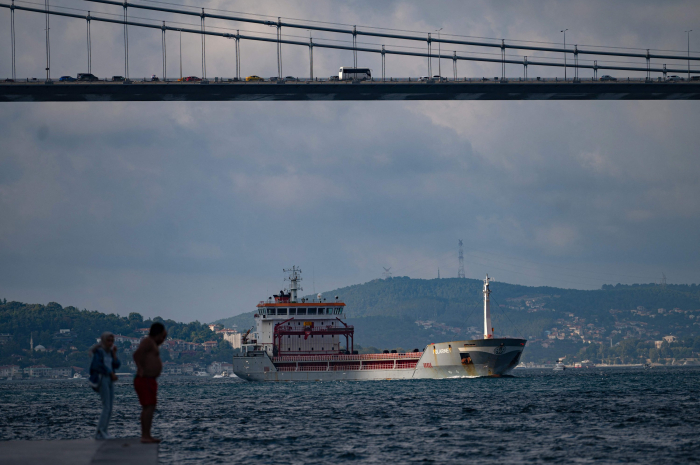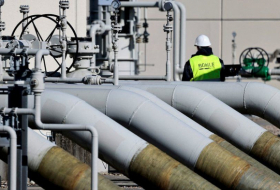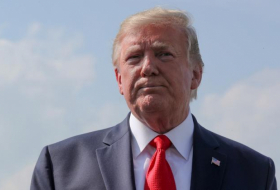The United Nations, Turkey, Russia and Ukraine issued long-awaited procedures on Monday for merchant ships exporting Ukrainian grain and fertilizer through the Black Sea, according to a document.
Ships exporting Ukraine grain through the Black Sea will be protected by a 10 nautical mile buffer zone, according to the procedures seen by Reuters.
The U.N. and Turkey brokered the agreement last month to unblock grain supplies after warnings that the halt in shipments caused by Russia’s invasion of Ukraine was stoking severe food shortages and even outbreaks of famine in parts of the world.
Since then, a number of grain shipments – mainly onboard vessels that were stuck in Ukraine since Moscow’s invasion in February – have left in test voyages.
Insurers and shipping companies have been seeking more details on how the corridor will work for empty ships that will sail into three Ukrainian ports involved in the initiative: Odessa, Chernomorsk and Yuzhny.
They have also sought assurances that the journey is secure with no threat of mines or attacks to both the ships and their crews. These are typically covered in accepted maritime practices known as standard operating procedures.
“The parties will not undertake any attacks against merchant vessels or other civilian vessels and port facilities engaged in this initiative,” the “procedures for merchant vessels” document said.
The deal is overseen by a Joint Coordination Center (JCC) in Istanbul made up of Turkish, Russian and Ukrainian military officials and U.N. personnel.
According to the procedures agreed, the JCC will provide information on the planned movement of ships through the maritime humanitarian corridor, which will be shared with Russia, Ukraine and Turkey’s military to prevent incidents.
Then as the vessel moves through the maritime humanitarian corridor it will be protected by a 10-nautical mile circle buffer zone around it.
“No military vessel, aircraft or UAVs (drones) will close to within 10 nautical miles of a merchant vessel transiting the Maritime Humanitarian Corridor, excluding territorial seas of Ukraine,” according to the document.
Russia and Ukraine are major global wheat suppliers, and Moscow’s Feb. 24 invasion of its neighbor sent food prices soaring, fueling a global food crisis the World Food Programme (WFP) says has pushed some 47 million people into “acute hunger.”
One insurance industry source said the procedures “read as a reassuring set of rules. But will all sides stick to it?”
More about:
















































